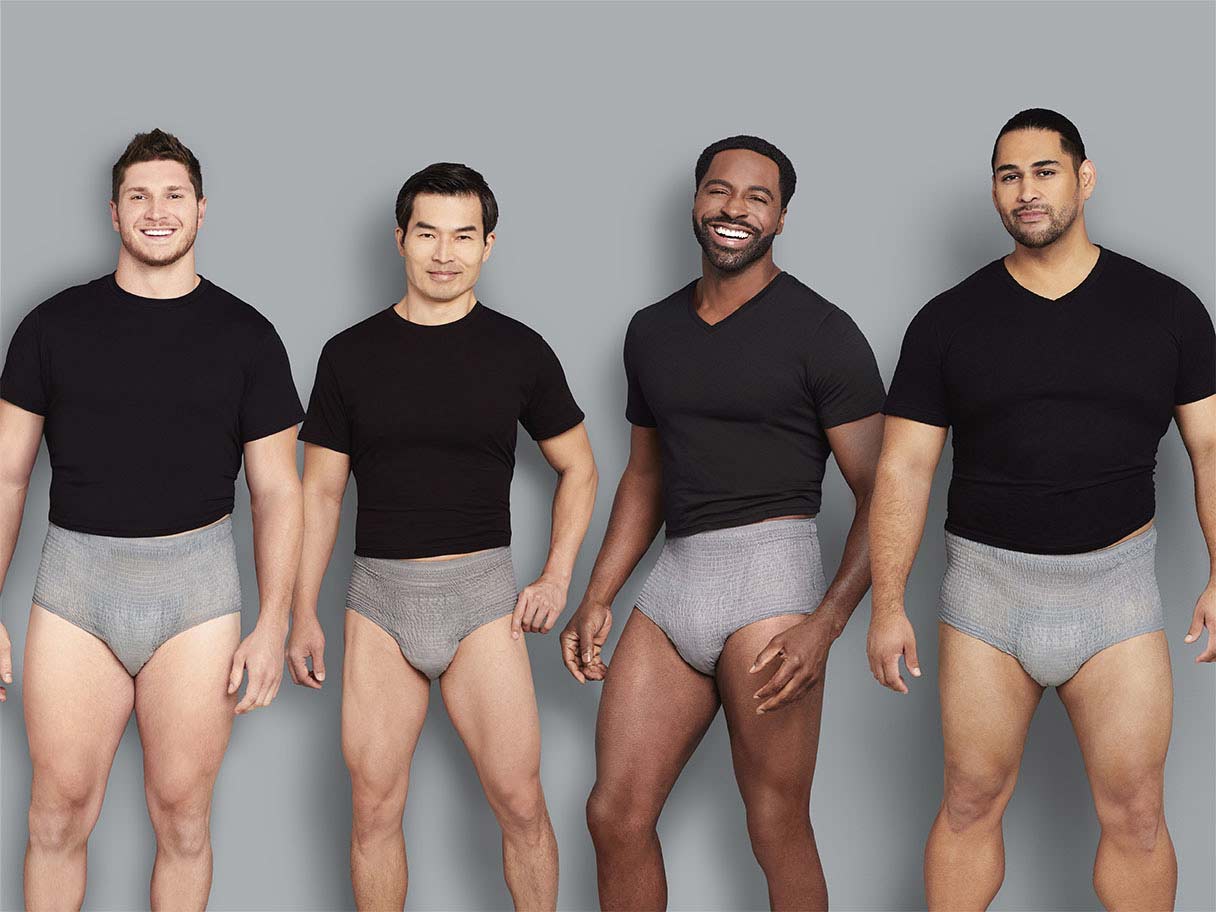Est-ce que l'incontinence pourrait compromettre votre emploi?
Est-ce que l'incontinence pourrait compromettre votre emploi?
De nombreuses personnes qui souffrent d'incontinence se demandent si leur problème pourrait nuire à leurs possibilités d'emploi ou mener à une perte d'emploi si l'on découvrait qu'elles ont de la difficulté à maîtriser leur vessie. Il s'agit d'une source d'inquiétude et d'angoisse courante qui peut toutefois être atténuée par une connaissance des lois.
Pour me renseigner davantage sur les lois qui régissent l'incontinence en milieu de travail, j'ai consulté Sharon Vinick, une avocate et partenaire chez Levy Vinick Burrell Hyams LLP à Oakland, en Californie. Le cabinet de Sharon se spécialise dans le droit du travail pour les demandeurs et représente des employés en conflit avec leur employeur.
L'un des derniers dossiers de Sharon illustre parfaitement la manière dont les lois protègent les personnes souffrant d'incontinence. Elle m'a confié que récemment, son cabinet avait représenté une femme qui travaillait comme caissière dans une grande chaîne de supermarchés. Elle se remettait d'un cancer qui avait affaibli sa vessie et par conséquent, elle devait boire de l'eau souvent au cours de la journée. Sa consommation d'eau et sa difficulté à maîtriser sa vessie signifiaient qu'elle devait se rendre aux toilettes régulièrement. Elle a donc demandé ce qu'on appelle un « accommodement en milieu de travail ».
Les accommodements en milieu de travail constituent l'un des principes de la Americans with Disabilities Act et sont également régis par des lois équivalentes dans de nombreux états. Selon ce principe, une personne a le droit de demander un accommodement raisonnable à son employeur pour l'aider à gérer son invalidité afin d'effectuer votre travail.
La caissière avait besoin de prendre des pauses fréquentes pendant son quart de travail. Malheureusement, même si son employeur avait consenti initialement à lui accorder un accommodement, lorsque l'équipe de direction du magasin a changé, son nouveau superviseur ne connaissait pas ses besoins particuliers concernant les pauses.
Un jour lorsqu'elle était en service, elle a demandé de s'absenter de son poste pour aller aux toilettes. Son superviseur a ignoré sa demande à plusieurs reprises, et elle a fini par avoir un accident à la caisse. Cet événement l'a mortifiée et l'a mise dans un état de stress profond qui l'a contrainte à prendre un congé de maladie.
Lorsqu'elle a tenté de retourner au travail, l'entreprise a refusé de la reprendre. Bien que cette dernière ait fini par accepter que l'employée revienne travailler, elle a refusé de lui accorder des pauses fréquentes pour répondre à ses besoins. Le cabinet de Sharon a plaidé la cause de la caissière devant les tribunaux et a obtenu un règlement à six chiffres.
« Les lois ont beaucoup évolué au cours des 20 dernières années, explique Sharon. Elles protègent les personnes avec toutes sortes d'invalidités, dont l'incontinence. Le secret, c'est de réussir à définir le mot ‘‘ raisonnable ’’. »
Selon Sharon, un accommodement est qualifié de « raisonnable » en fonction d'une situation particulière. Voici des exemples d'accommodements qui seraient fort probablement considérés comme acceptables :
– avoir besoin de prendre une pause de cinq minutes par heure pour utiliser les toilettes;
– avoir besoin d'un poste de travail debout parce que la position assise aggrave le problème;
– si vous travaillez dans une chaîne de montage, demander d'être placé près des toilettes;
– si votre incontinence s'exacerbe lorsque vous êtes debout et vous pouvez réaliser vos tâches assis sur un tabouret, demander de faire votre travail en position assise;
– si vous travaillez dans un commerce de détail, demander d'être affecté à une caisse à proximité des toilettes.
Cependant, si votre problème exige que vous quittiez votre poste toutes les quinze minutes ou s'il vous empêche d'exécuter les tâches de base de votre travail, de telles situations ne seraient pas considérées comme « raisonnables '», selon Sharon.
Lorsqu'un employé a besoin d'un accommodement, il doit le demander dès qu'il entre en fonction. Une personne n'est pas tenue de révéler un problème d'incontinence pendant le processus d'embauche ni même lorsqu'elle demande un accommodement.
« Vous devez demander la participation de votre médecin, car il est bon de savoir dès le départ s'il vous aidera dans vos démarches pour obtenir un accommodement, ajoute-t-elle. Il vaut mieux être proactif et en discuter sans tarder avec les ressources humaines. N'ayez pas honte de demander un accommodement, car c'est votre droit. »
Sharon mentionne aussi qu'un employé ne devrait pas se sentir contraint de divulguer son problème. « Dites simplement : “ j'ai un problème médical qui exige que je prenne une pause toutes les deux heures. Je préfère ne pas dire de quoi il s'agit, mais je serai heureux de vous fournir une lettre de mon médecin. ” Dites ensuite à votre médecin de ne pas fournir de précisions dans sa lettre et de parler d'un “ trouble médical ”. Vous êtes entièrement protégé de toute obligation de fournir des précisions. »
Qu'arrive-t-il si votre employeur ignore complètement que vous avez un problème d'incontinence pour lequel vous n'avez pas vraiment besoin d'un accommodement spécial, mais qui vous rend inquiet d'avoir un accident au travail?
Selon Sharon, vous n'avez pas à vous en faire, « car pour une personne souffrant d'incontinence, un tel accident devrait être considéré comme raisonnable. Il est tout à fait illégal de congédier quelqu'un pour cette raison. Je ne peux imaginer une situation où quelqu'un serait remercié à cause de cela. »
Même si les employeurs ne sont pas tous compréhensifs et empathiques, il est bon de savoir qu'il existe des lois pour protéger les personnes souffrant d'incontinence d'un congédiement déraisonnable et de traitements discriminatoires.
Qu'en pensez-vous? Avez-vous déjà eu des difficultés avec votre employeur à cause de votre problème? Avez-vous déjà demandé un accommodement en milieu de travail? Que s'est-il passé?



